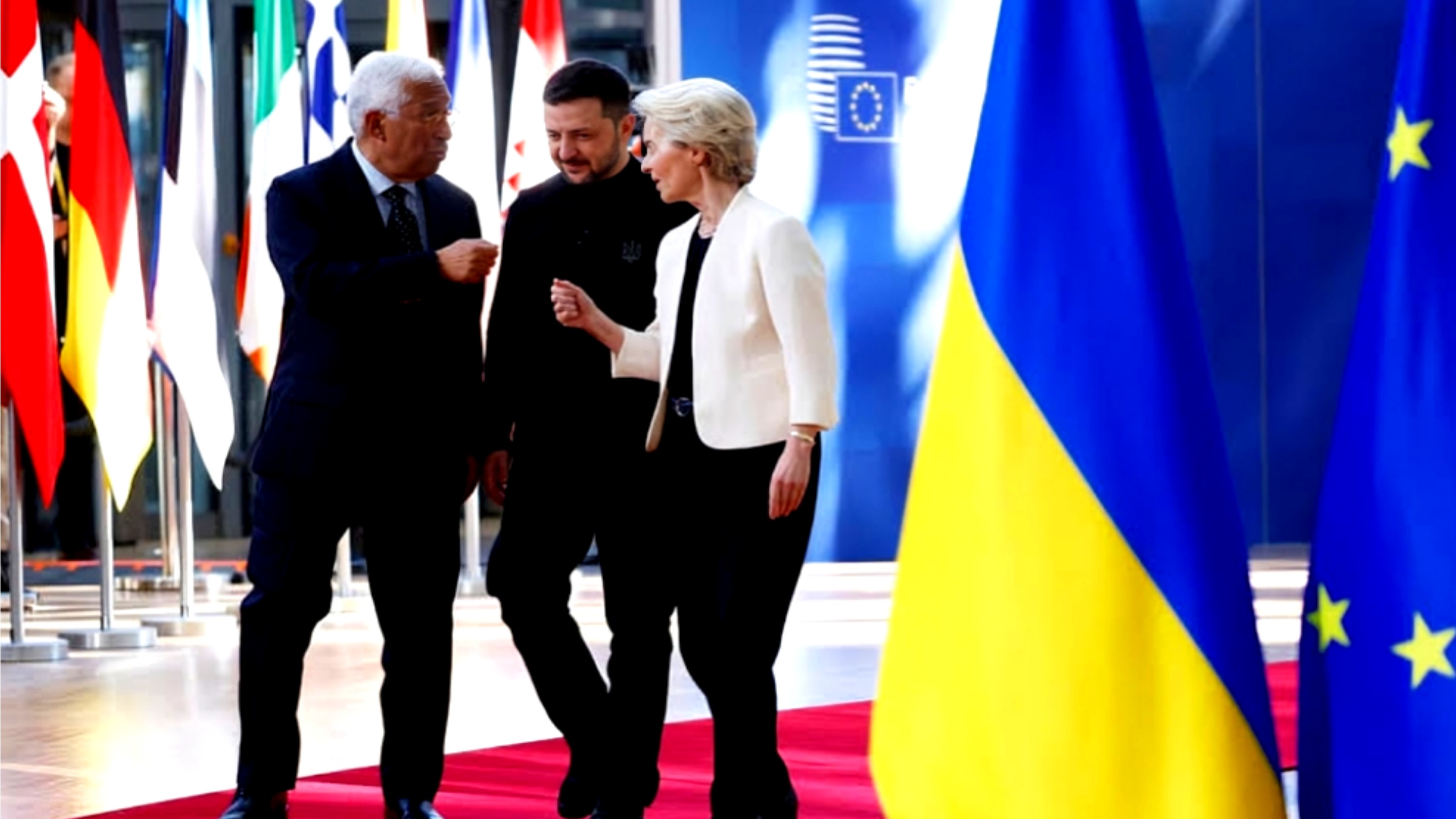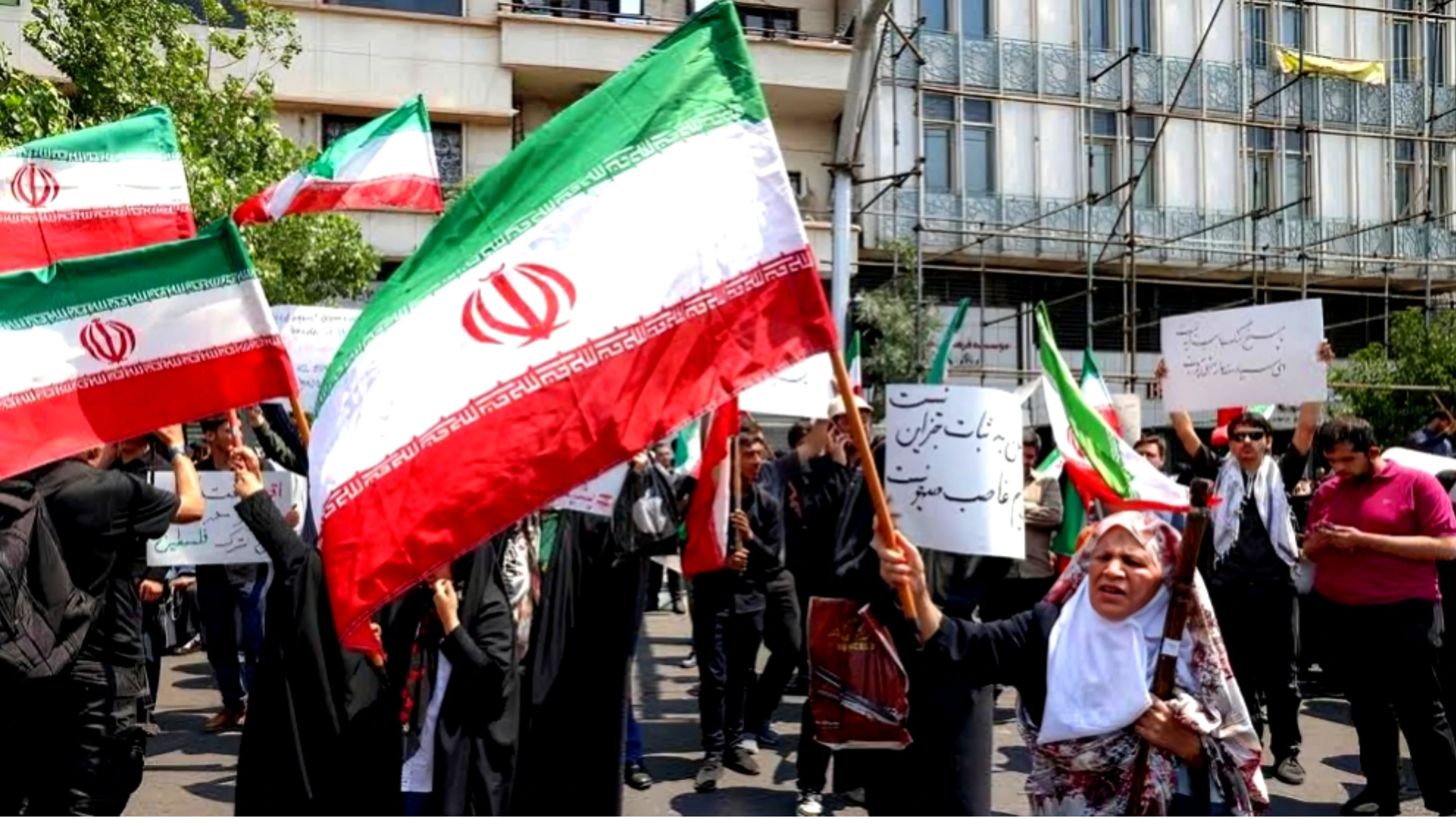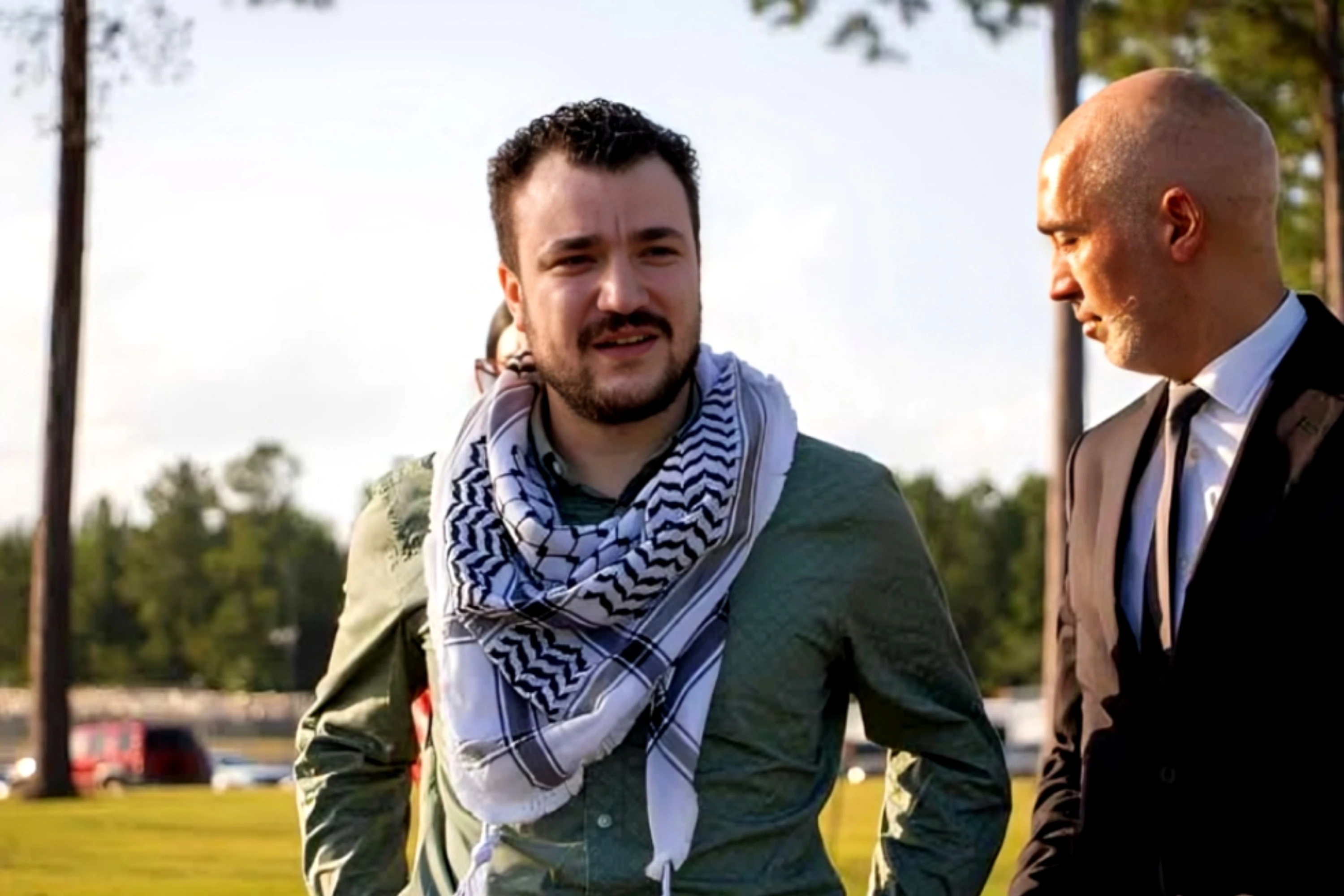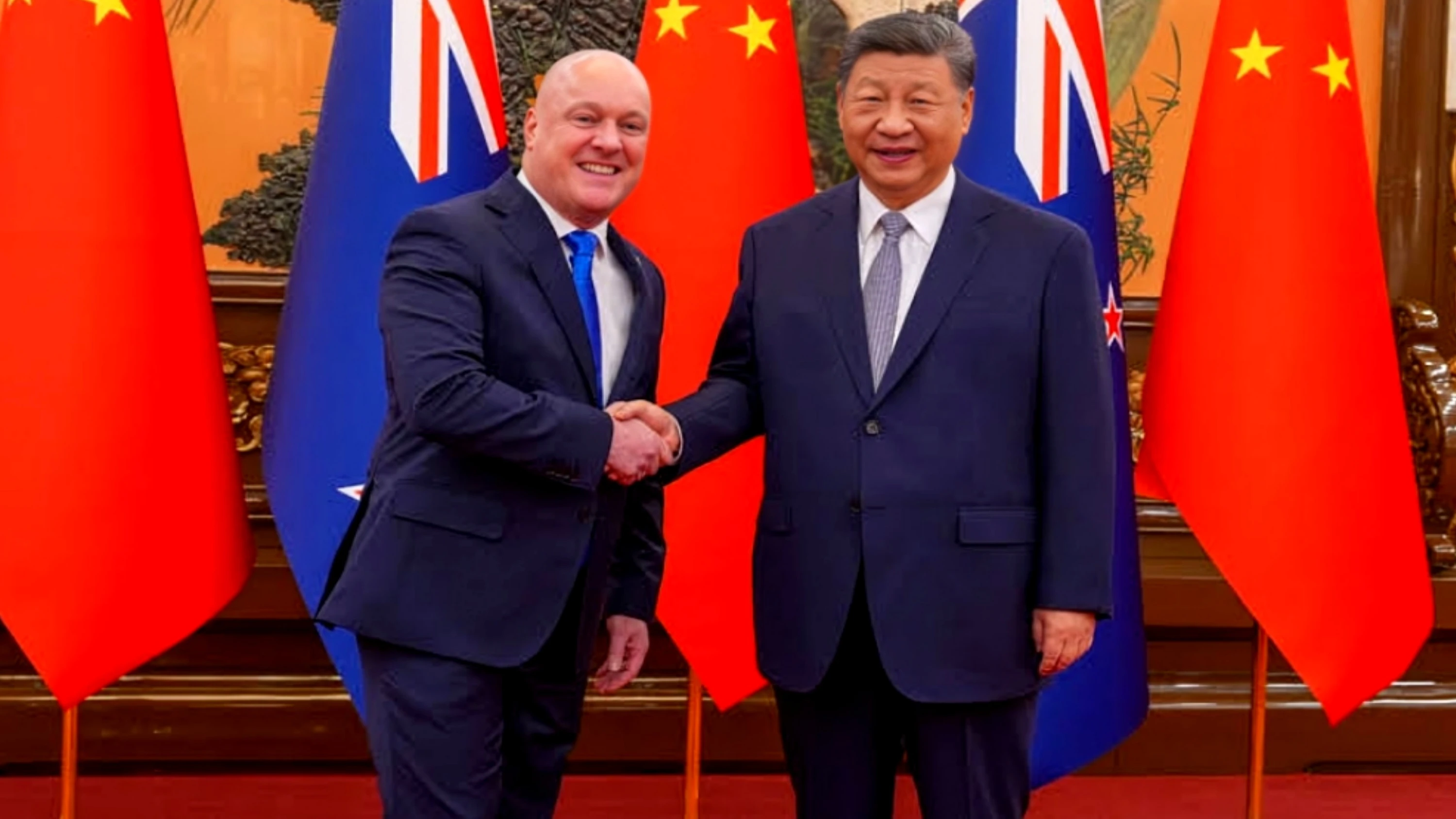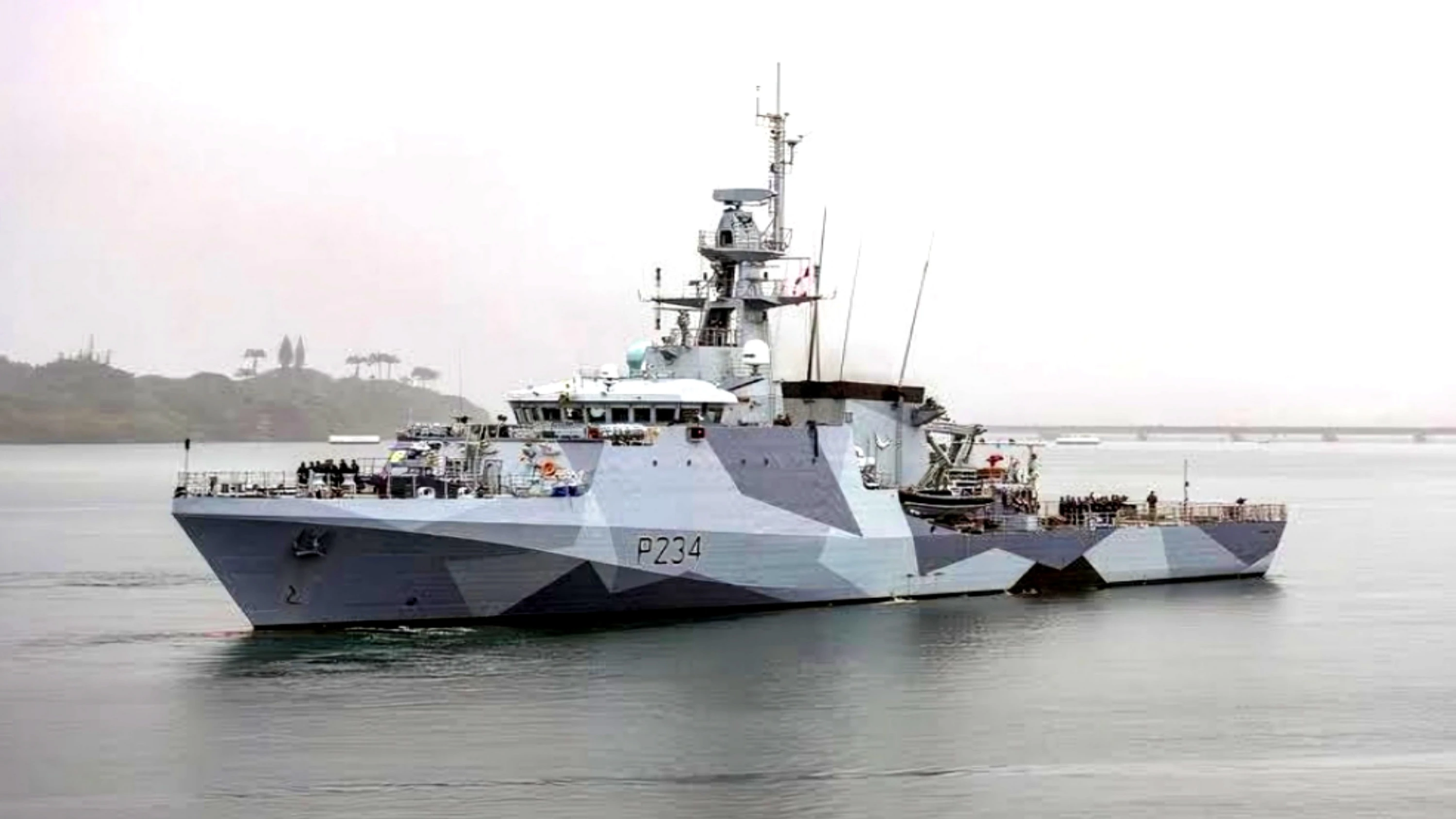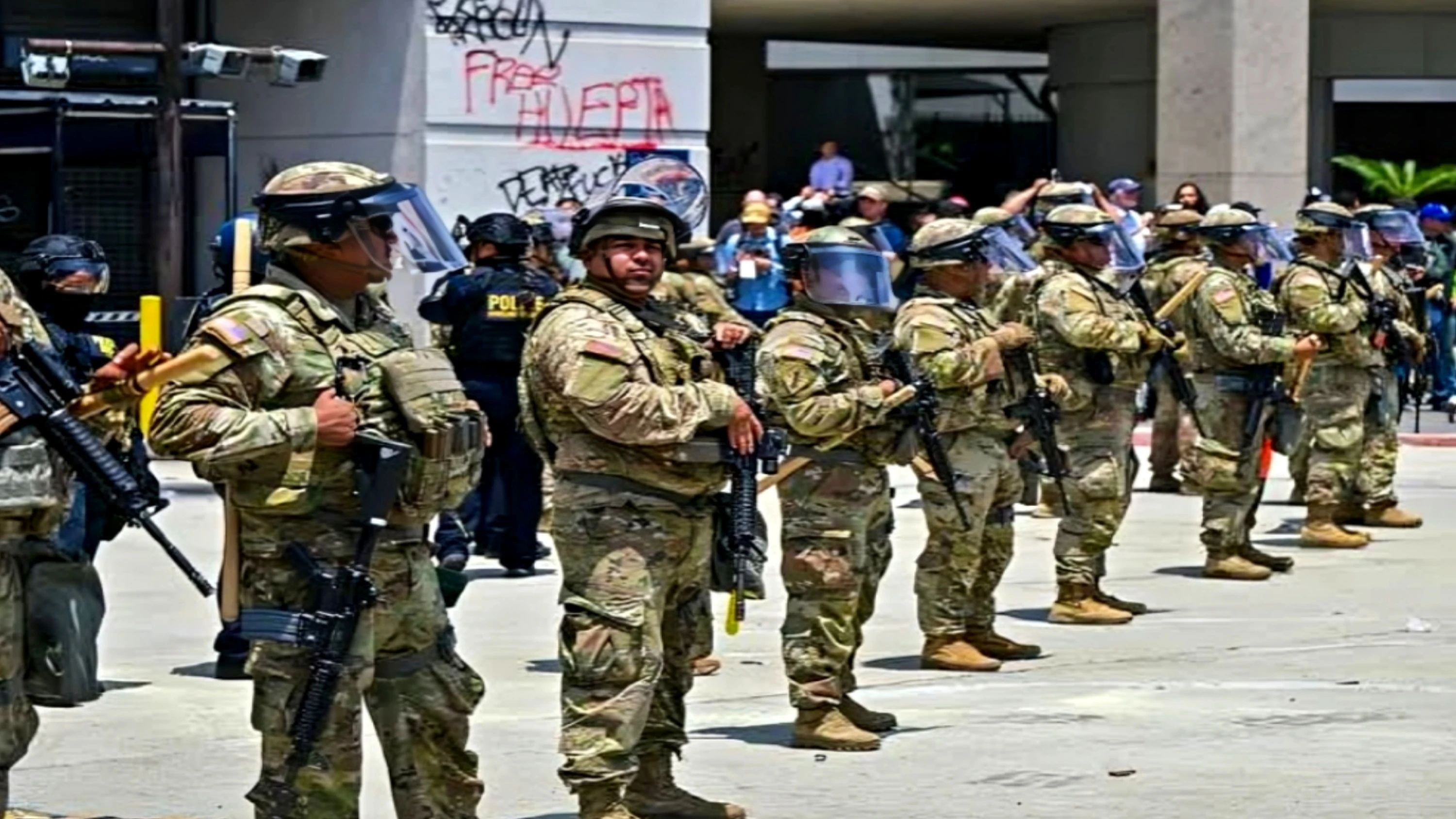Brussels: European Union leaders have pledged to increase military spending and reinforce their commitment to Ukraine as concerns grow over the changing stance of U.S. President Donald Trump.
The EU’s special defence summit on Thursday in Brussels came shortly after Trump criticized Ukrainian President Volodymyr Zelenskyy in the Oval Office regarding peace talks with Russia. The U.S. president then declared a suspension of all military aid to Ukraine, which has been battling Russia’s invasion for over three years.
The shift in Washington's position has unsettled many European leaders, who fear Russian President Vladimir Putin may target an EU nation next. Without guaranteed U.S. support, Europe is being forced to rethink its own defence capabilities.
At the summit, European Commission proposals to allow more financial flexibility for military spending and to raise €150 billion (A$250 billion) through joint borrowing were widely supported. The initiative aims to help EU nations strengthen their armed forces amid growing security threats.
Antonio Costa, who chaired the meeting, emphasized Europe's resolve: "Today, we have demonstrated that the EU is stepping up to the challenge, reinforcing its defence capabilities, and standing firmly with Ukraine."
Polish Prime Minister Donald Tusk echoed this sentiment, urging Europe to take the lead in military preparedness. "We must engage in this arms race and ensure victory. Europe is economically and militarily stronger than Russia," he asserted.
French President Emmanuel Macron reinforced the need for long-term strategic independence. "Regardless of developments in Ukraine, Europe must establish its own autonomous defence system," he stated.
While most EU leaders reaffirmed their backing for Ukraine, Hungary’s Prime Minister Viktor Orbán—who maintains close ties with both Trump and Moscow—distanced himself from the joint statement. The remaining 26 EU leaders emphasized that any negotiations concerning Ukraine must involve Kyiv and committed to maintaining military and financial aid to the war-torn nation.
Costa and European Commission President Ursula von der Leyen warmly welcomed Zelenskyy to the summit, reaffirming their commitment to Ukraine’s defence. However, despite Europe’s strong rhetoric, replacing U.S. military support will be a daunting task. Last year, Washington accounted for over 40% of Ukraine’s total military aid—resources that the EU cannot easily compensate for.
European leaders remain hopeful that the U.S. can be convinced to continue supporting Ukraine. German Chancellor Olaf Scholz urged a pragmatic approach: "We must ensure that American assistance remains intact in the coming months and years, as Ukraine heavily depends on it for its defence."
Meanwhile, Macron proposed discussions on extending France’s nuclear deterrent to cover European allies, a suggestion that received mixed reactions. Lithuanian President Gitanas Nauseda welcomed the idea as a strong deterrent against Russia, while Poland expressed interest in exploring the concept. However, some nations, including the Czech Republic, emphasized the importance of keeping the U.S. engaged in European security matters.
Trump’s recent comments questioning NATO’s collective defence commitment have reinforced European concerns. He warned that U.S. protection would not be guaranteed for allies failing to meet defence spending targets.
Germany’s next government coalition has already agreed to relax borrowing limits to increase military funding. Norway, too, announced plans to more than double its financial contributions to Ukraine while simultaneously boosting its own defence budget.
With Trump taking a more conciliatory stance towards Moscow, European leaders are bracing for a geopolitical shift that could leave them more vulnerable. In response, they are accelerating plans to enhance military capabilities and reduce reliance on U.S. protection.


